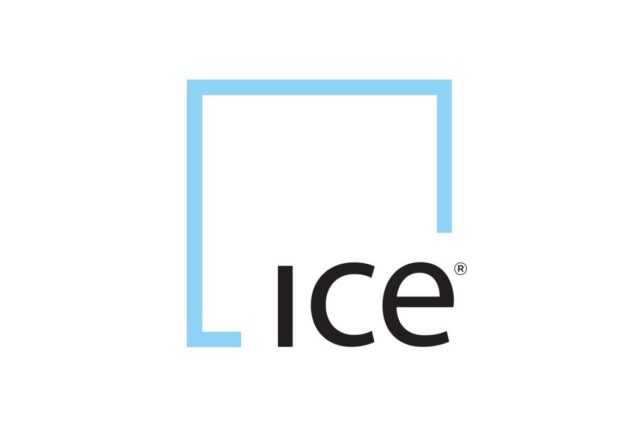Share your coffee stories with us by writing to info@comunicaffe.com.
MILAN – Coffee futures prices surged in yesterday’s session on renewed weather concerns in Brazil and Colombia. In New York, the main contract for December delivery gained 225 points to settle at 155.35 cents per lb. In London, the contract for November delivery closed up $47 at $2,496. Ice Robusta certified stocks fell to a record low of 3,380 lots, or 563.333 bags.
The certified Arabica coffee stocks held against the New York exchange decreased by 10,192 bags yesterday, to 490,739 bags.
According to weather forecasters, high temperatures and infrequent rainfall are expected in coming weeks in the Brazilian coffee belt. These rains may trigger the first flowering for the 2024/25 crop cycle. In order to keep the flowers on the trees and turn them into cherries, however, follow up rains are needed.
According to Sucafina, we are looking at a dry forecast once these rains pass, indicating a possibility that excessive dry weather will force flowers to abort, resulting in lost production for the season.
Meanwhile, coffee harvest in Brazil is coming to an end. The weekly monitoring by Safras indicates that until August 22, the country reaped 95% of the 23/24 crop, which corresponds to an advance of 4% over the previous week.
The world’s largest coffee cooperative Cooxupe, in Brazil have come forth with a report to confirm that their members have harvested 92.04% of the new, majority natural processed Arabica crop coffees as at 30th. August 2023.
Weather continues to be conducive and this year the pace of harvest has thus far met with a similar pace as that of the 2019 crop year.
World coffee production is likely to be smaller than expected in the 2023/24 season starting October and ending September next year. However, a fall in demand – particularly in Europe – will prevent a supply shortfall, Rabobank Research said in a note on Tuesday.
The Dutch bank sees global coffee production in 2023/24 at 172.6 million bags, 1.6 million bags less than its previous forecast, due to downward revisions mainly for production from Colombia and Vietnam.
The crop estimate for Colombia was lowered to 12.5 million bags from 13.6 million bags, while Vietnam’s production is now seen at 29 million bags, half a million bags less than previously expected. Both countries are facing less-than-ideal weather.
Rabobank, however, kept its estimate for a balanced global supply in 2023/24, citing falling demand in importing countries.
The report mentioned a 13.4% decrease of net imports into the European Union and United Kingdom region in Q2 2023, compared with the equivalent period of 2022.
Coffee imports in the United States were also down by 9.6%, the bank said, adding that this is the largest fall on record since 2008.
In other news, cocoa futures prices Wednesday extended this week’s gains, with December New York cocoa posting a contract high and September London cocoa posting an all-time high since 1989. Reduced cocoa supplies from the Ivory Coast, the world’s largest producer of the commodity, are bullish for prices.
White sugar futures prices on ICE rose to a 12-year high on Wednesday, buoyed by the prospect of tightening supplies as dry weather threatens to curb production in India and Thailand.















